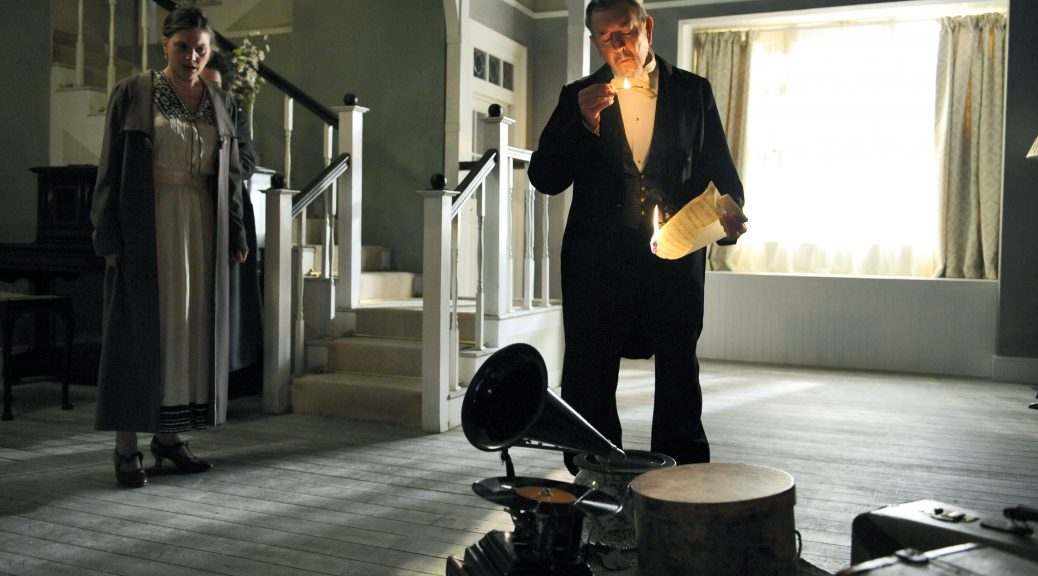When you enter the Almeida Theatre for Simon Stephens’ latest play, Carmen Disruption, it’s via the stage. It seems part of a campaign by the Islington venue to shake up its audience and perfectly embodies this innovative and imaginative play’s spirit. If you’ve bought a ticket, congratulate yourself and take a bow… but be careful not to walk into an animatronic bull on your way in.
It doesn’t get any less weird. The play follows the nervous breakdown of a singer, who performs the role of Bizet’s Carmen all over the world, interweaving monologues from others, cast as archetypes from that opera, accompanied by a real singer as a chorus. Carmen Disruption clearly has enough arty touches to make plenty of eyes roll. But it works. Stephens’ magical touch creates a world of pure theatre – visionary and inspiring.
Stephens’ work can’t be easy for the actors but the performances are uniformly good. Viktoria Vizin, who has sung Carmen in 17 productions, has a voice that blows you away. Sharon Small, as The Singer, is superbly believable; I bet she’s been chatting to Vizin a lot about the pressured nomadic lifestyle of an opera star. Playing Stephens’ version of the title character, recast as a narcissistic rent boy, Jack Farthing is especially strong.
Michael Longhurst directs the production marvellously, with a control that gives Stephens’ text perfect space to breath. Lizzie Clachan’s design, along with stunning lighting by Jack Knowles, matches the poetry of the piece. Vitally, the whole team seems convinced by the power of the play.
Stephens’ motif is loneliness. His characters are isolated, desperate and frustrated, using whatever they can, mostly sex, to connect with others. Yet, despite some extreme behaviour and extravagant lifestyles, we can always connect with them. And no matter how strange the play feels, it is rooted. Much is sure to be made of the technology in the play – phones are plentiful and often commented upon – which gives Carmen Disruption its contemporary commentary, but the play’s power comes from universal themes.
Until 23 May 2015
Photo by March Brenner



